Overview of SEO in Japan
contents
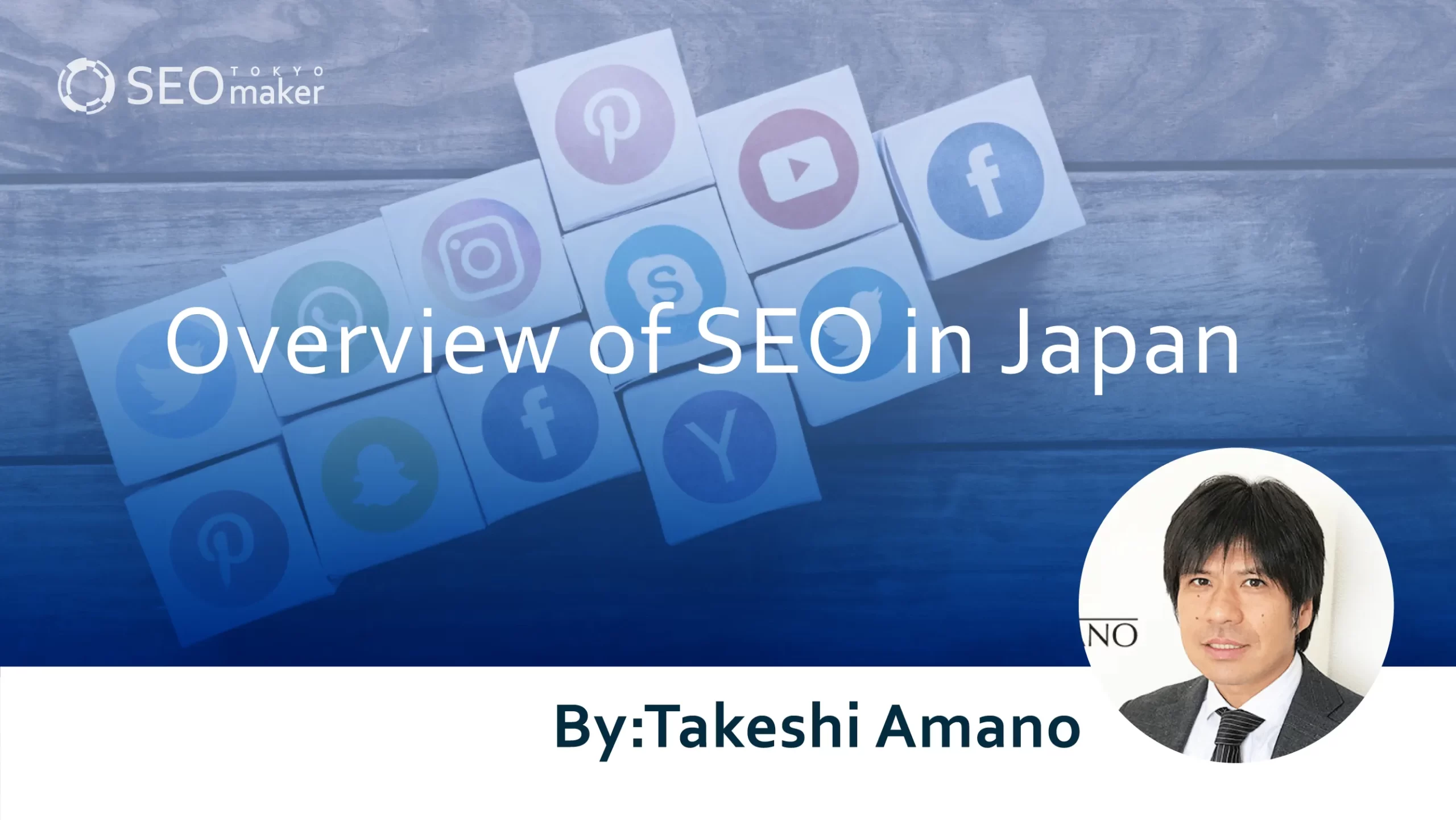
This article provides a detailed overview of SEO strategies in Japan.
Three SEO Strategies
In Japan, SEO research is conducted, focusing on three main strategies: internal, external, and content optimization. However, there is an extreme emphasis on adhering to Google’s guidelines, leading many companies to prioritize internal and content strategies over external ones.
Many companies and media outlets neglect or entirely disregard external measures.
Even with internal measures, while basic aspects like keyword settings, SSL, and OGP are covered, many, including major media, lack in optimizing internal links or utilizing structured data. Perfect SEO is rare.
As part of increasing search traffic, content creation is mainstream in Japanese SEO, often leading to an overemphasis on content. Many mistakenly believe SEO is just content production. The detail-oriented nature of Japanese culture is evident in their thorough approach to content.
Despite SEO awareness and the demand for search traffic, there’s a shortage of personnel with correct SEO knowledge, often juggling multiple roles, leading to insufficiently implemented strategies.
This indicates potential market opportunities for strong web marketing, especially for those proficient in Japanese. However, substantial investment is required for new entrants in web marketing.
Internal Measures
SEO companies in Japan widely disseminate basic internal measures, accessible with a simple web search. However, marketers with practical SEO experience are rare, and staying updated with new knowledge is uncommon. Most website creators lack SEO knowledge, resulting in sites not optimized for SEO.
Basic internal measures like keyword-focused titles and breadcrumb maintenance are common, but technical aspects like structured data and site speed optimization are often neglected, even by large sites.
The state of SEO in Japan is influenced by content-heavy SEO consultants, lack of dedicated SEO personnel, and a general lack of SEO knowledge among management. This creates opportunities for technically proficient Western countries to dominate.
However, Western countries may be disadvantaged in UI/UX, as ease of understanding is paramount in Japan. Cultural differences in intuitive design affect landing page conversion rates, a challenge for foreign companies in Japan.
Content Measures
Japanese companies focus heavily on content creation, often neglecting external measures and insufficient internal strategies. High-quality content production can lead to successful keyword acquisition and traffic generation.
Effective web marketing involves optimizing each phase of impression, landing, and conversion. However, many SEO practitioners focus only on content, driven by the Japanese culture of easily reportable results. Quality content is essential, but the prevalence of low-quality “Kotatsu articles” – superficially researched articles – is problematic.
Content creation using generative AI, like ChatGPT, has gained traction in Japan since 2023. However, ensuring quality and originality remains challenging. The October 2023 Google core update, “Helpful Content Update,” led to lower rankings for low-quality AI-generated content, indicating increasing demands for content quality.
External Measures
External measures are critical but controversial in Japan due to past penalties by Google for manipulative link-building practices. Current trends focus on legitimate link acquisition, but the perception of external measures remains cautious.
In Japan, buying links, common in the U.S., is widely regarded as unacceptable due to strict adherence to Google’s guidelines. Efforts are now directed towards gaining citations through methods like press releases.
Understanding the distinct approach to external measures in Japan compared to other countries is crucial.
Other Important Aspects
Besides the core strategies, Japanese web marketing also involves local SEO, SNS integration, and video marketing. Local SEO, particularly through Google Business Profiles, is widely adopted. SNS use varies by target demographics, with businesses typically operating on Twitter and Facebook, and BtoC businesses targeting younger or female audiences often using Instagram and TikTok. Influencer marketing and YouTube video distribution are also prevalent.
Summary
The article details Japan’s SEO practices, focusing on internal, external, and content measures. Emphasis on Google’s guidelines leads to a predominant focus on internal and content strategies, often neglecting external aspects. Many sites lack in advanced optimization techniques despite basic internal measures. The cultural and technological nuances of Japan also influence content creation and UI/UX design, presenting unique challenges and opportunities in the Japanese SEO landscape.



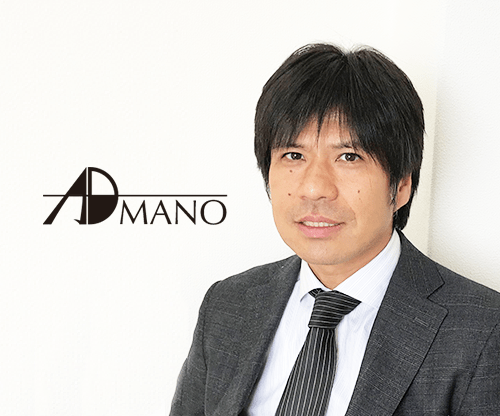
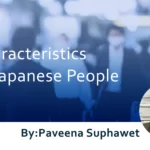

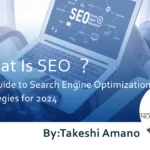

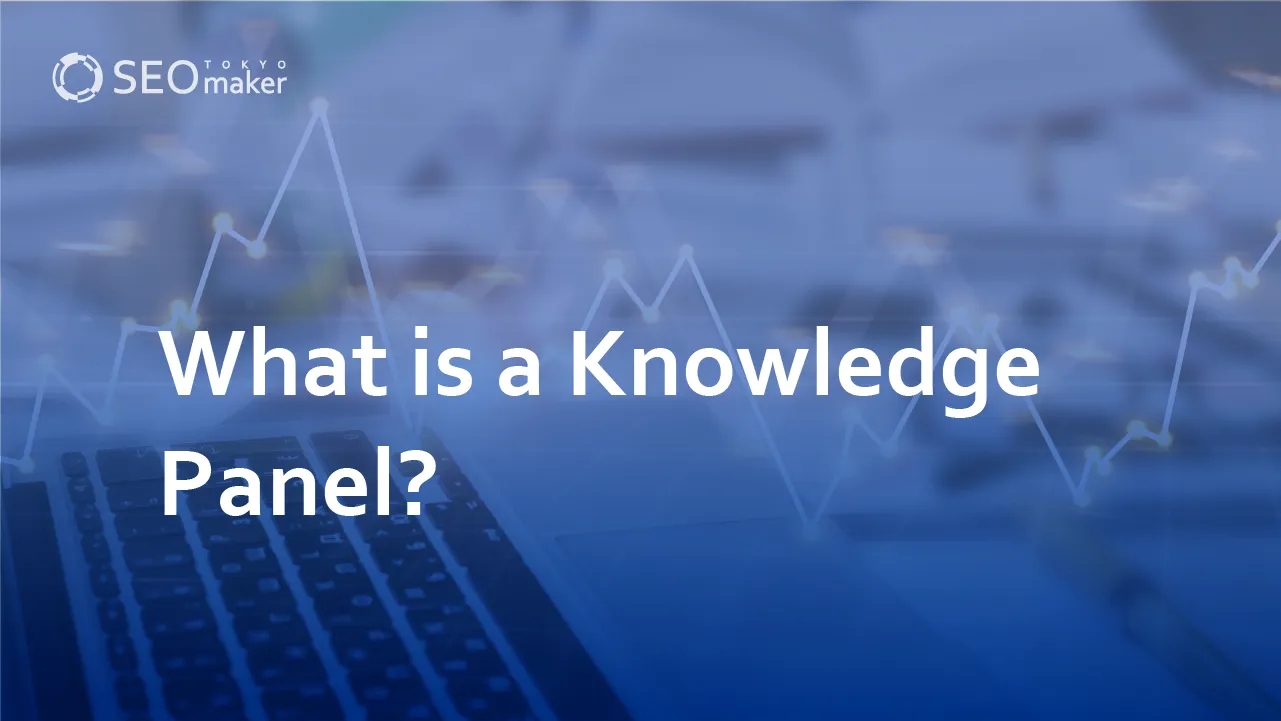

![What is a Description? Explaining the Meaning, Writing Style, and Changing Word Count – [2023 Edition]](https://www.switchitmaker2.com/en/wp-content/uploads/2024/09/what-is-description.webp)










